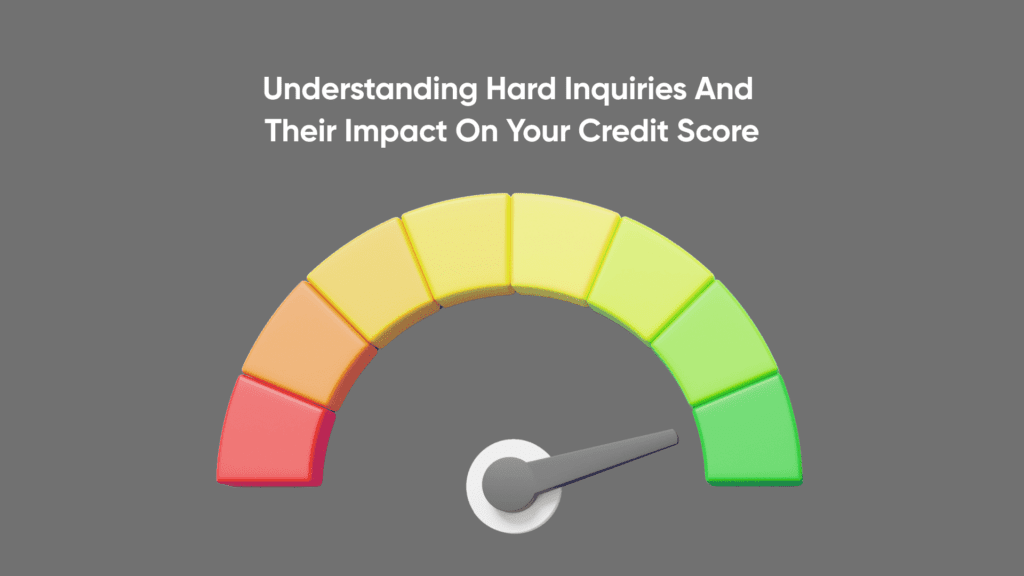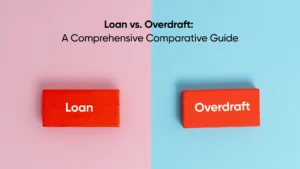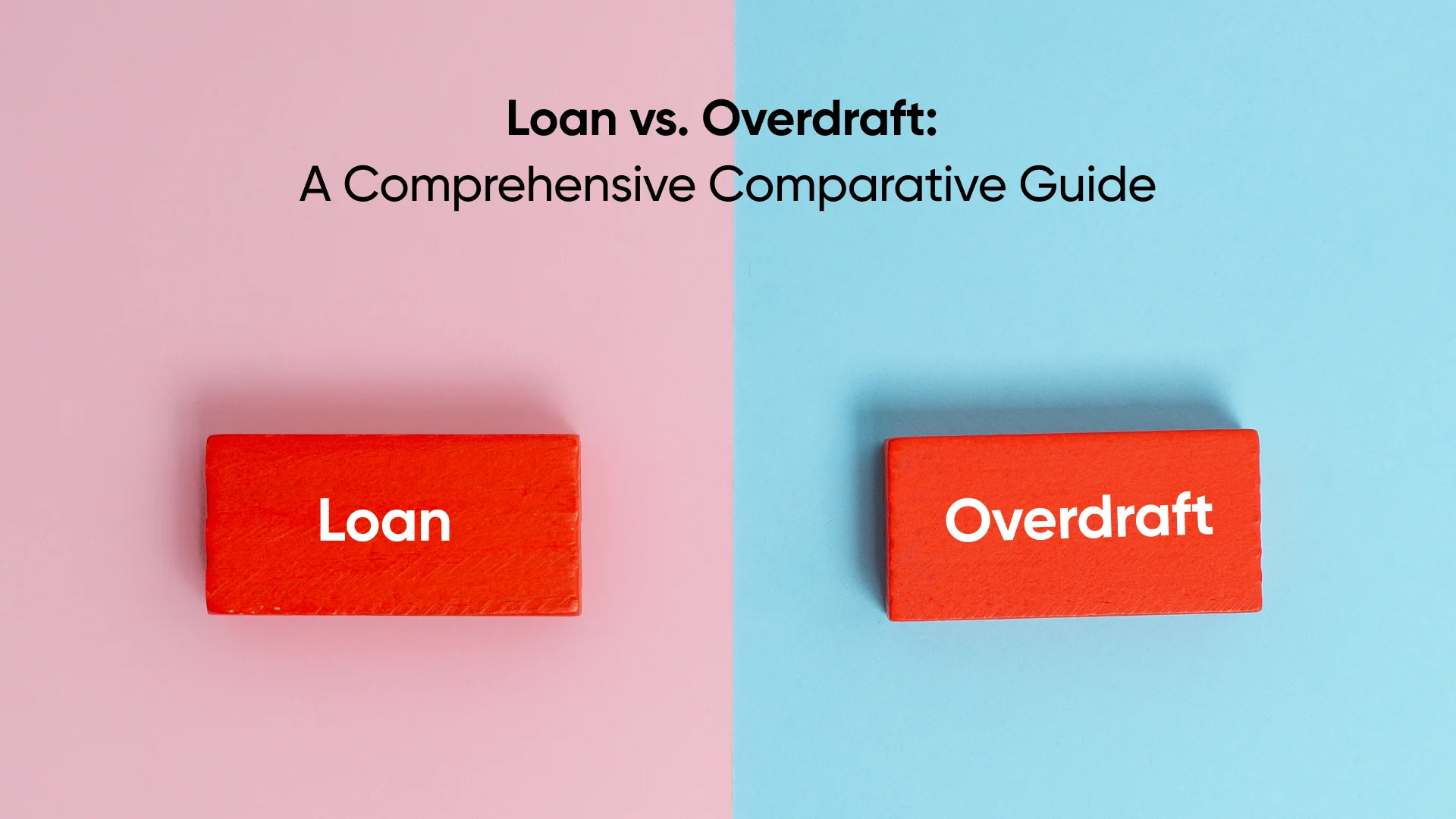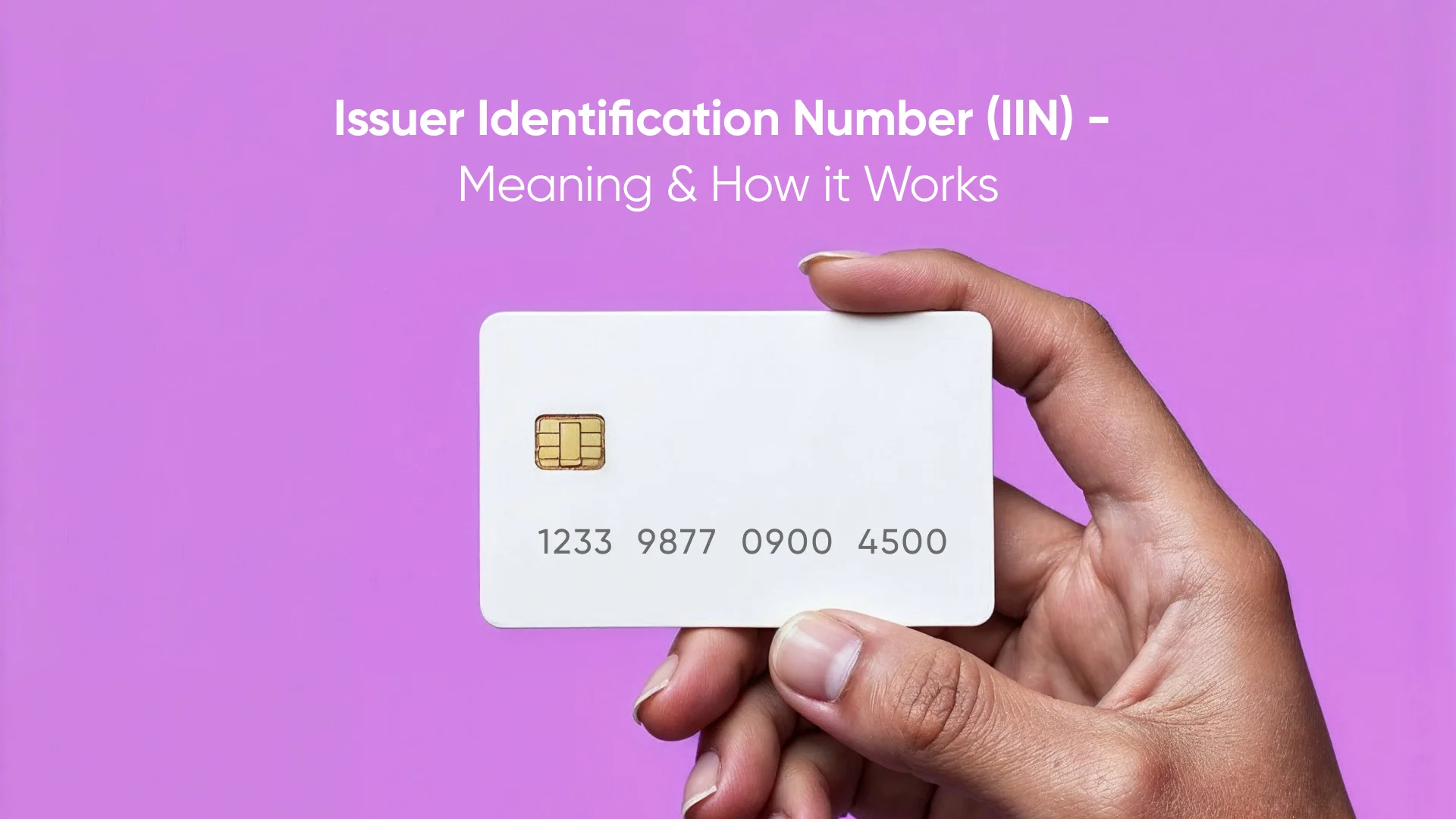Understanding Hard Inquiries and Their Impact on Your Credit Score

Before granting any loan, lenders and creditors usually check a borrower’s credit score. A credit score is usually between 300 and 900 and indicates how likely an individual will pay their credit bill or debt on time. Having a high credit score increases one’s chances of getting approved for a loan or credit. A hard inquiry is when one applies for a personal loan or credit card and the lender requests for their credit history.
This blog will help you understand more about hard inquiries and how they impact one’s credit score.
Table of Contents
ToggleWhat is a Hard Inquiry?
Hard inquiry is a request to check one’s credit history. It is undertaken when someone applies for a home loan, credit card, education loan or a personal loan. The objective of a hard inquiry is to check and review the borrower’s credit report and gauge their creditworthiness. It requires the individual’s consent. A hard inquiry remains on record for two years. But hard inquiries on credit score affect for one year.
Hard Inquiry Process: How Does It Occur?
Whenever an individual applies for a loan or credit card, the lender requests for credit history to assess that individual for risk. This request is known as a hard inquiry. Hard enquiry is done when one applies for a loan like home loan, education loan or personal loan or when applying for a credit card. Each hard inquiry on credit score affects and takes it down a few points. If one has a good credit score, a few points won’t have much impact on the person’s credit score. However, if one has a bad credit score or limited credit history, few hard inquiries can significantly affect their credit score.
How Does a Hard Inquiry Affect Your Credit Score?
Hard inquiry on one’s credit score can affect badly and a single hard inquiry can even bring down the score by 10 points. Credit bureaus consider the timeline in which inquiries happen. If you are checking multiple lenders for the same type of loan in a short span (usually 14-45 days), they are generally treated as a single inquiry. A hard inquiry may lead to a dip in credit score but it is temporary. Practise good credit habits to maintain a good credit score. Think it through before applying for any loan or credit. Assess your options and then apply to the few that best fulfil your financial requirement.
Also Read: What is Credit Rating: Know Its Importance, Types & Benefits
Difference Between Hard and Soft Inquiries
Hard Inquiries | Soft Inquiries | |
Objective | Lenders do hard inquiries to evaluate borrower’s creditworthiness before granting credit or issuing a loan. | Soft inquiry is done for information by the individual or a creditor. |
Impact on Credit Score | Hard inquiries can have a negative impact on the credit score. | No impact on credit score. |
Consent Requirement | It does require consent from the individual. | It does not require any consent, since soft inquiry is done by the individual. |
Examples | Hard inquiries are done when one applies for a home loan, credit, education loan, personal loan | Soft inquiries are done by an individual to check their credit score or when an employer or lender just checks their credit report for information. |
Examples of Hard Inquiries
Hard inquiries are done by a lender, usually a financial institution or a credit lender. It is done to assess the borrower by checking their credit history before approving their loan or credit. Few examples of hard inquiries include:
- Applying for a home loan, education loan, personal loan or car loan
- Applying for a new credit card
- Apartment rental applications
- Application for utility services
- Collection agencies, if multiple payments are missed by borrowers
Impact of Multiple Hard Inquiries on Your Credit Score
Multiple hard inquiries happen when one applies to multiple lenders simultaneously. This significantly impacts credit score, taking it down by 10 points or more. An individual comparing lenders and interest rates for a home loan or education loan is likely to apply to multiple lenders. Credit bureaus understand that and usually provide a 14-45-day window. They consider these applications under a single inquiry.
However, if one applies for multiple credit cards, each application will lead to a hard inquiry. This leads to multiple hard inquiries and significantly affects credit score. This is a cause for concern for individuals with low or limited credit history. Thus, research on the lender before application and only apply for credit when needed.
Tips to Minimize the Impact of Hard Inquiries
It is important to maintain a good credit score. Hard inquiries impact the credit score and can affect negatively if one has a bad credit score or limited credit history. Consider the mentioned tips to minimise the impact of hard inquiries:
Regular Credit Report Checks: Keep regular check of your credit reports. Report any unauthorized inquiries immediately to the credit bureau.
Multiple Credit Applications Simultaneously: Research and compare lenders, before applying for any credit. Avoid applying to too many credit cards or loans in a short time.
Maintain a Good Credit Score: Building a good credit history will reflect a high credit score. Repay credit bills and debt dues on time.
Timely Payments: Pay EMIs on time to maintain and build a good credit score
How Long Do Hard Inquiries Stay on Your Credit Report?
Hard inquiries stay on the credit report for 2 years. However, it only affects the credit score for up to a year. Credit bureaus typically consider the last 12 months of credit history when giving a credit score. Whenever there is a hard inquiry on a credit report, it takes the credit score down by a few points. The impact is even less if one has a good credit score.
Thus, it is a good practice to check your credit score every few months to track your credit history and avoid all the factors that may lead to hard inquiries. Checking one’s credit score is a soft inquiry and has no impact on credit score.
Also Read: Zero or Negative Credit Score: What It Means and Its Impact
Conclusion
Regular credit checks are important and help one keep track of their credit history. Taking any type of loan or credit card should be an informed decision. A thorough research and comparison should be done before applying for any loan or credit. If you are looking for home loans or personal loans online, consider applying them in a short duration to group them as a single inquiry. Paying credit bills on time and clearing any previous debts, will ensure a good credit history and high credit score.
Frequently Asked Questions
How can I avoid unnecessary hard inquiries?
Avoid applying to multiple lenders when applying for a loan. Lenders may want to check your credit history for loan approval. Multiple lenders checking one’s credit history may lead to a hard inquiry.
Can multiple hard inquiries affect my credit score significantly?
Yes, multiple hard inquiries may lower your credit score.
What are some examples of hard inquiries?
Few examples of hard inquiries include applying for personal loans, home loans, car loan or credit cards.
Do hard inquiries impact all types of credit equally?
Impact of hard inquiry is more or less the same, as they lower one’s credit score temporarily. However, it can have a bad impact, if the credit is already low or one has limited credit history.
What should I do if there is an unauthorized hard inquiry on my credit report?
If you notice an unauthorised hard inquiry on your credit report, you can directly contact the company that inquired. If that is not the case, you can report fraud and notify the credit bureau.
How does a hard search affect credit score?
Hard search or inquiry may temporarily lower one’s credit score.
How to remove hard inquiries in 15 minutes?
Removing hard inquiries can be done in case of fraud or identity theft. You may report the bureau about the case. However, this process takes time and resolving the dispute may take several weeks.
What is the biggest factor affecting your credit score?
Payment history is the biggest factor that affects one’s credit score.
Do hard inquiries expire?
Hard inquiries stay on a credit report for up to 2 years. However, they affect the credit score for one year.
Can I get hard inquiries removed early?
If the inquiry is unauthorised, it gets removed. One needs to report it to the credit bureau, after which it gets removed from the credit history.
YOU MAY ALSO LIKE






Search by posts
Categories
- Blog (5)
- Credit History (36)
- Credit Line (7)
- Festive (4)
- Finance (15)
- Mutual Fund (18)
- Personal Loan (266)
- Tax (8)
- Zype (4)








